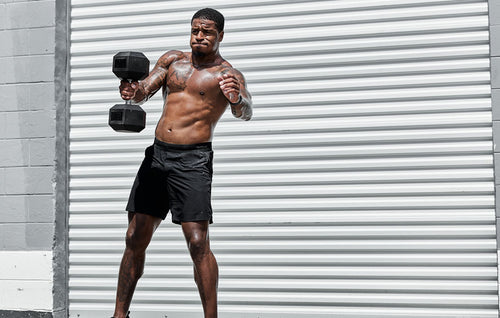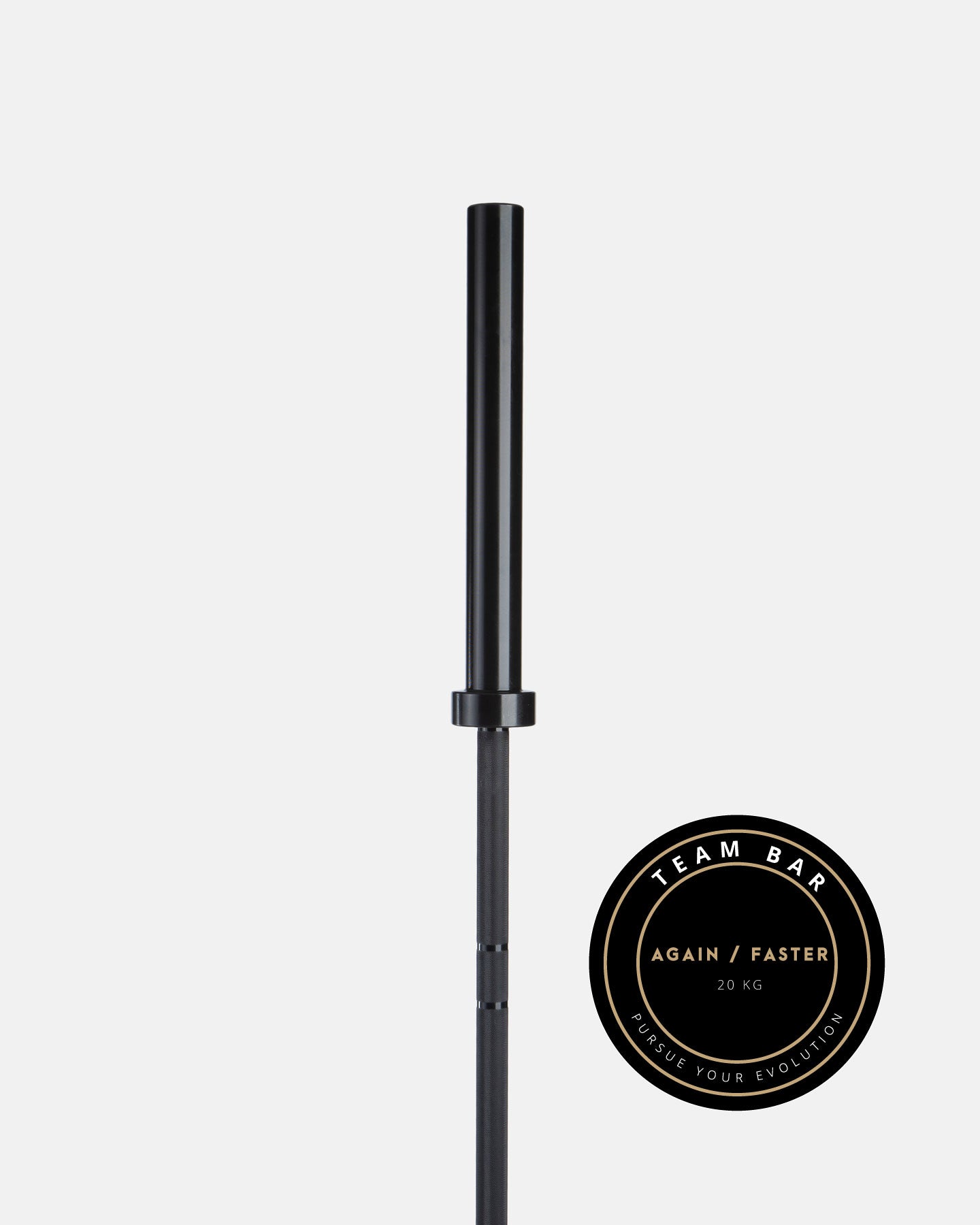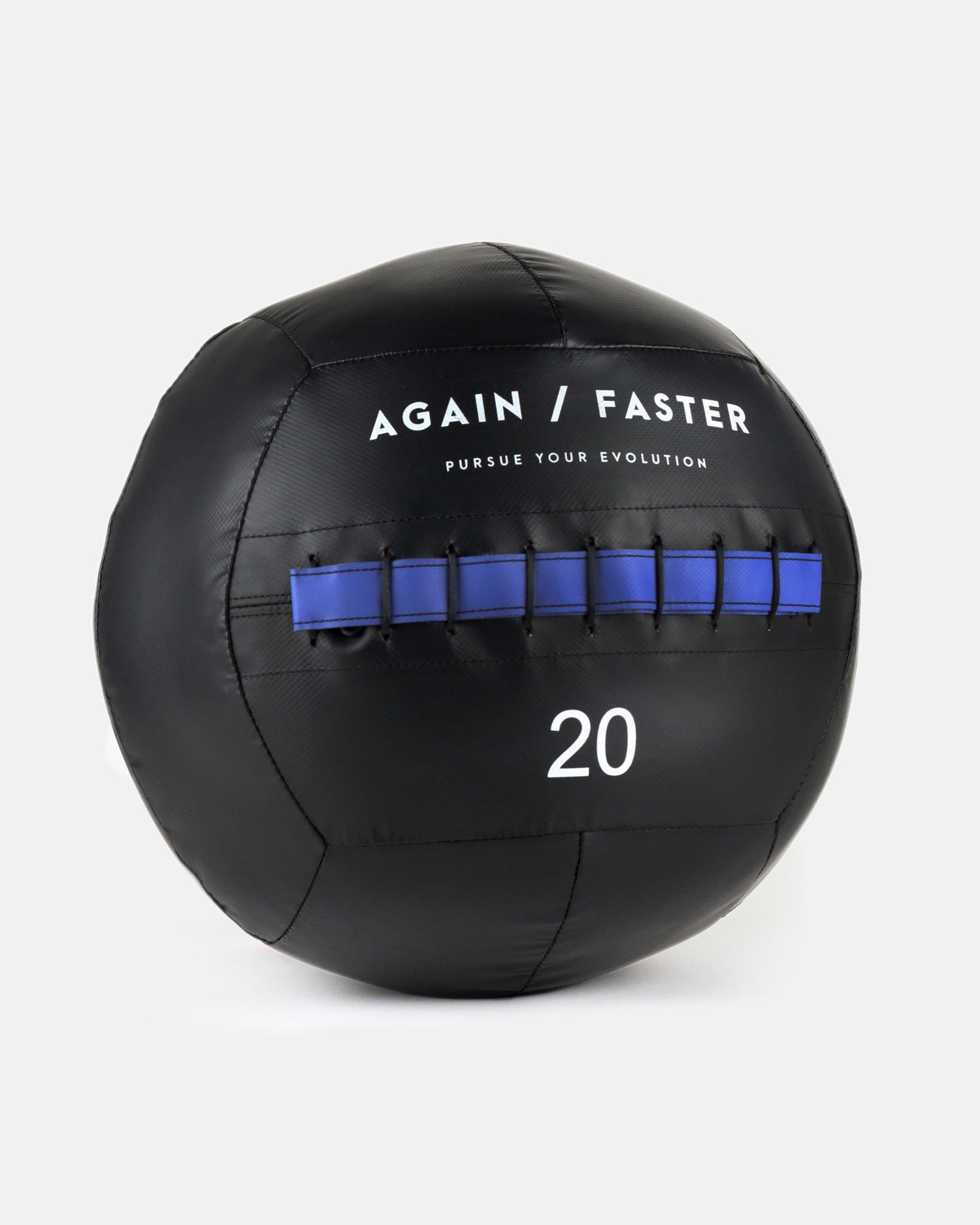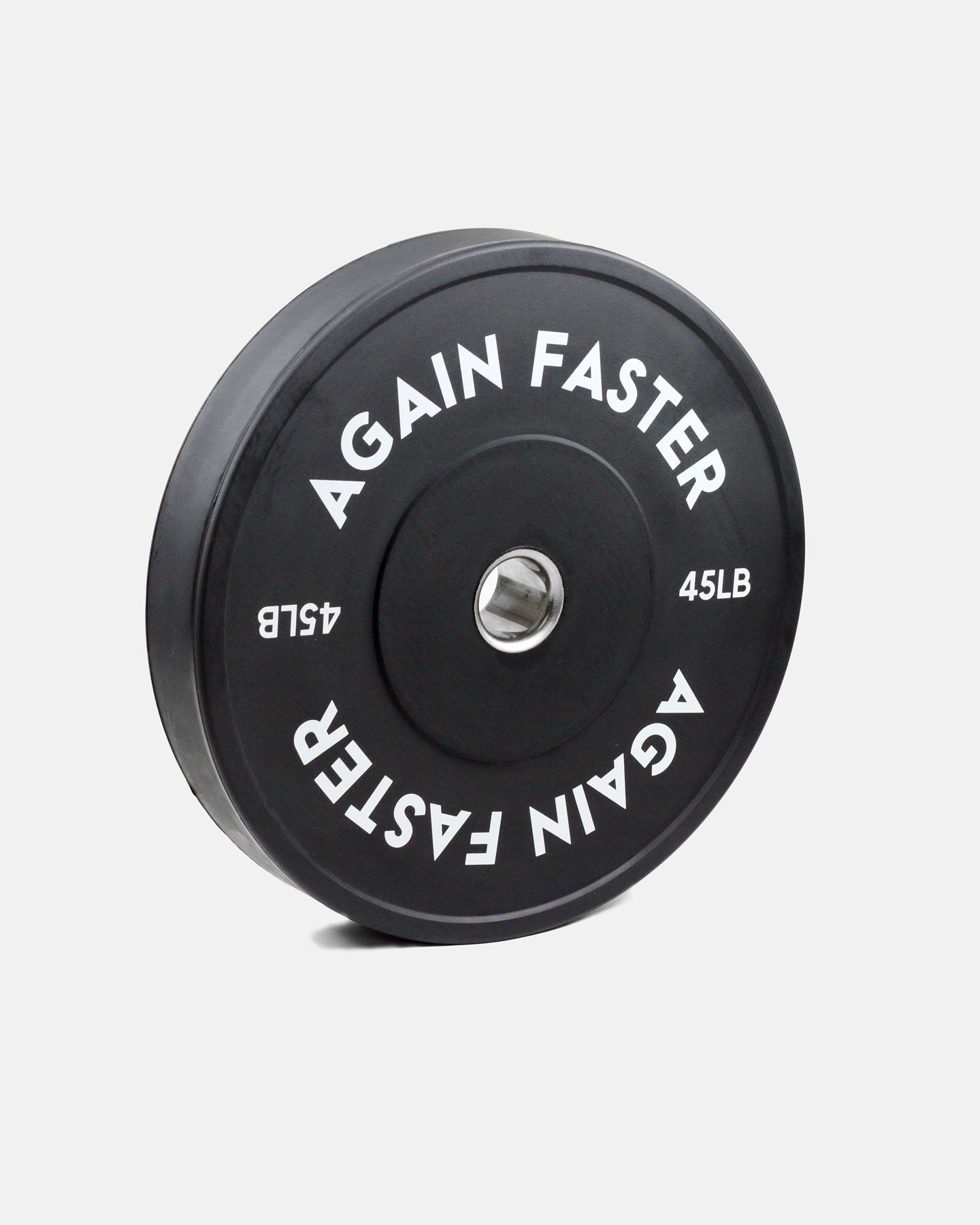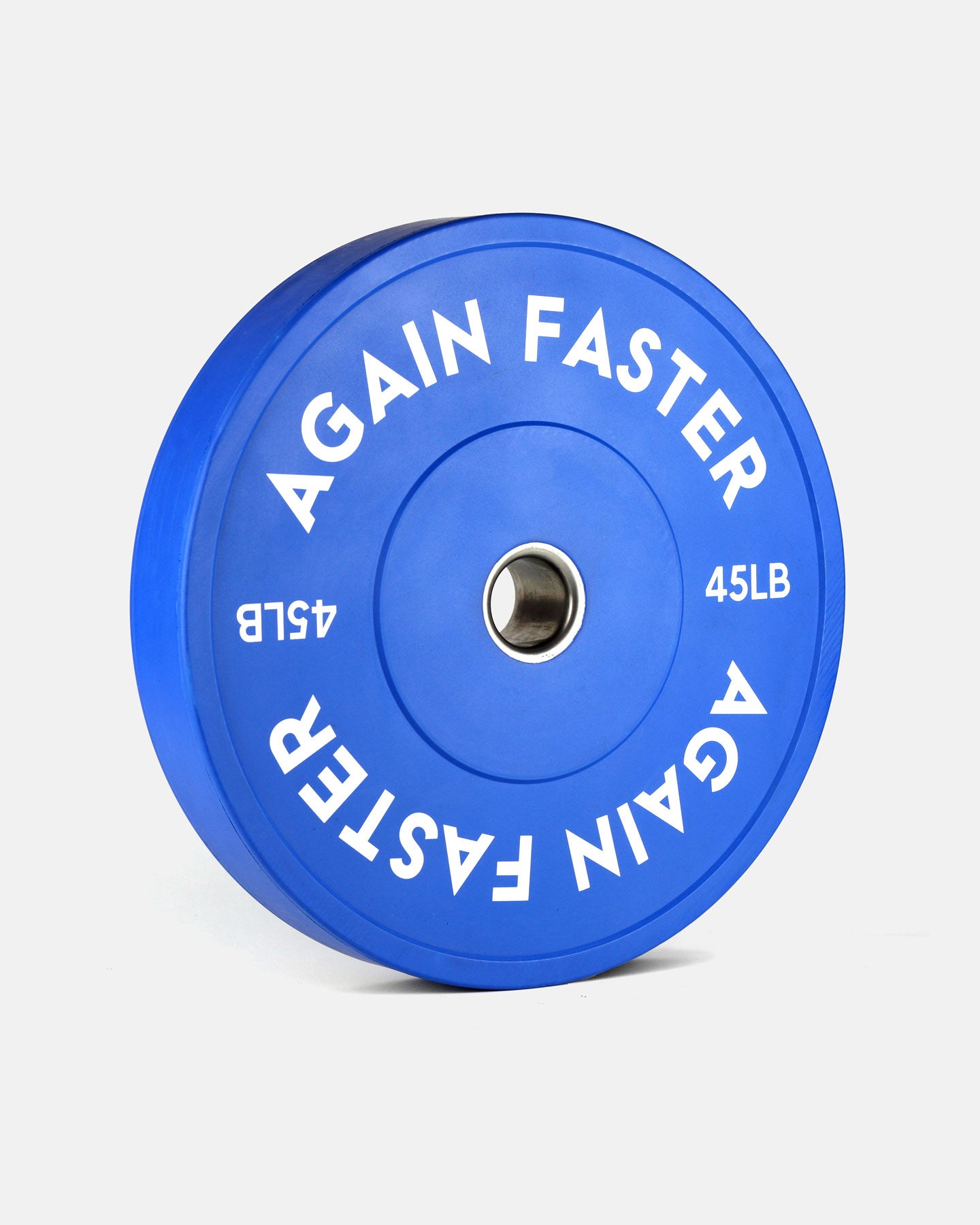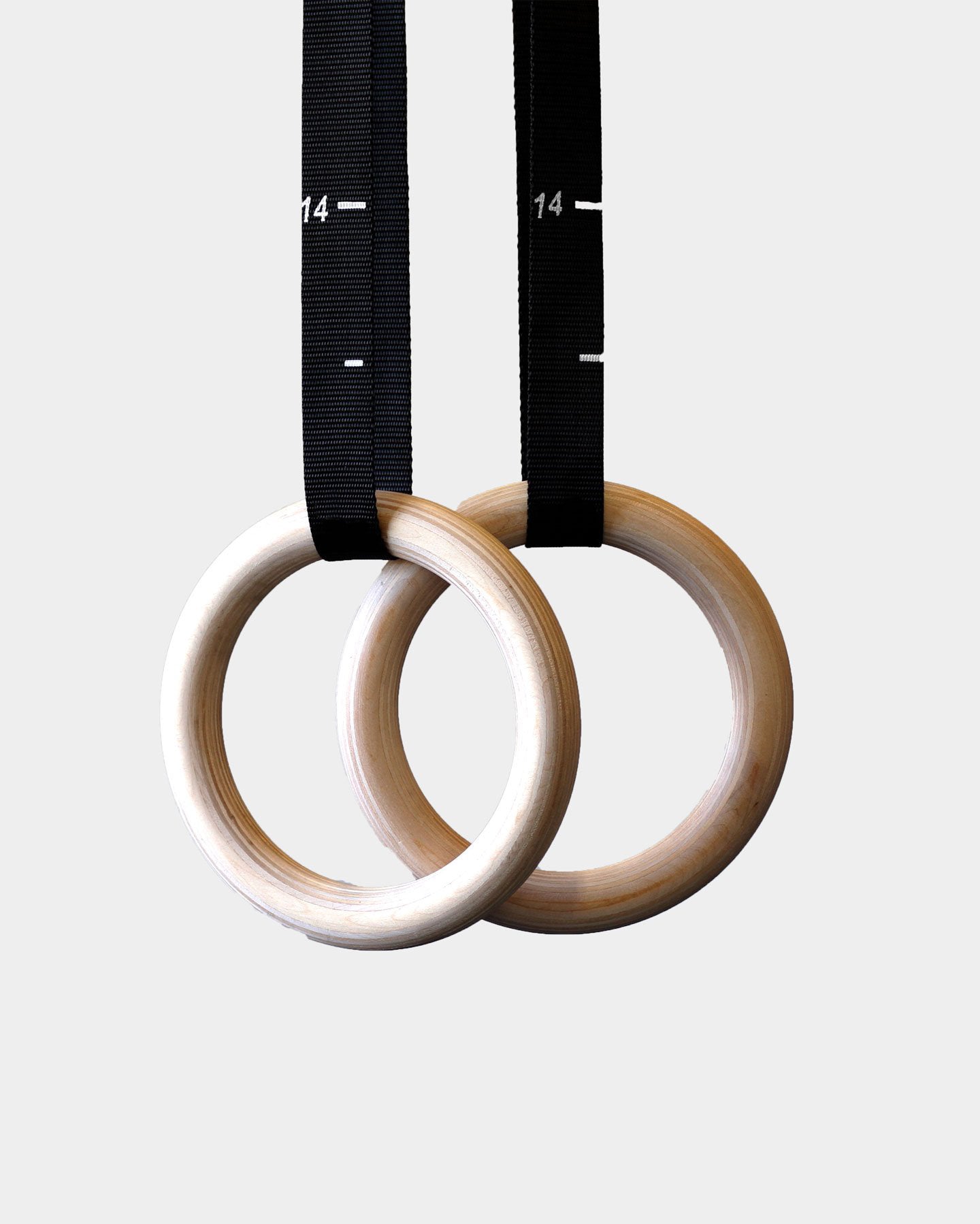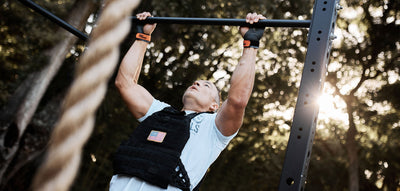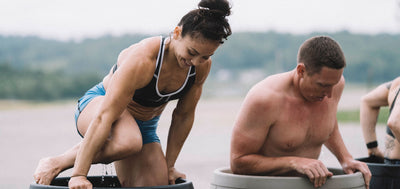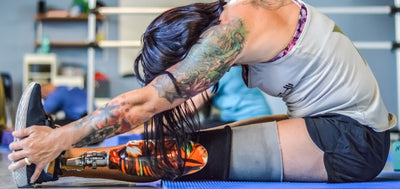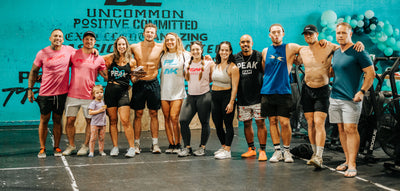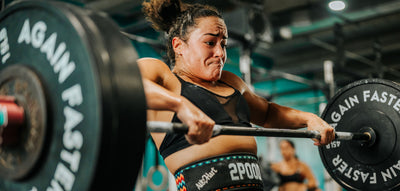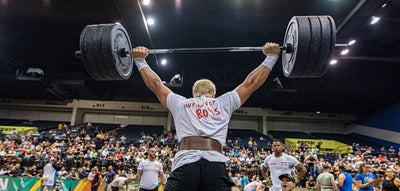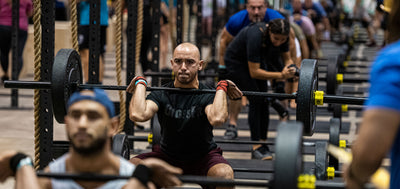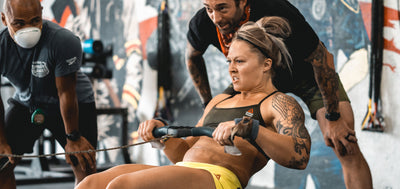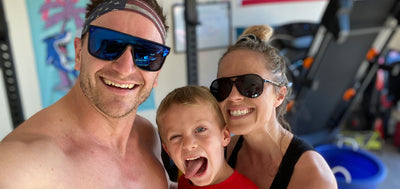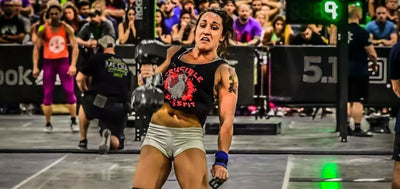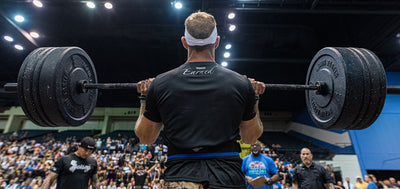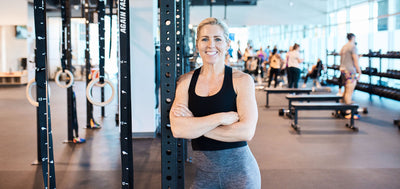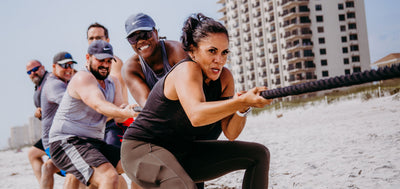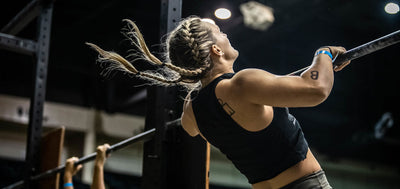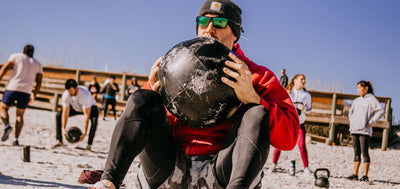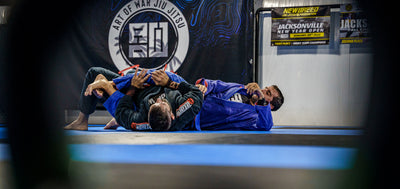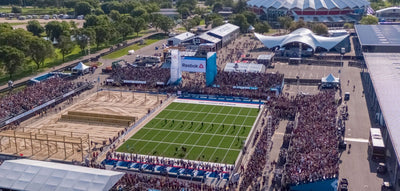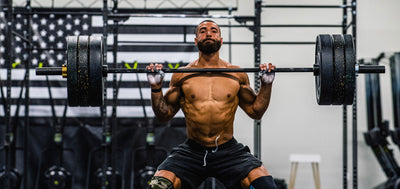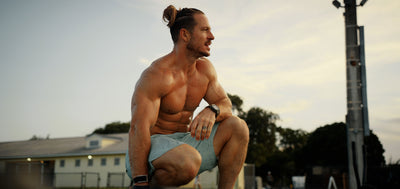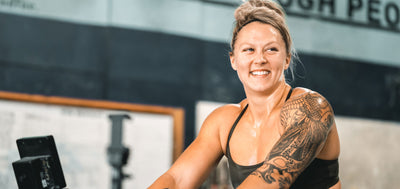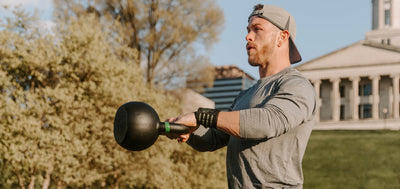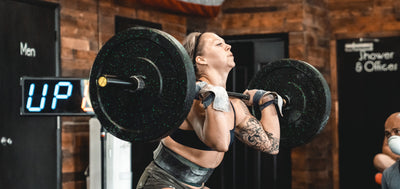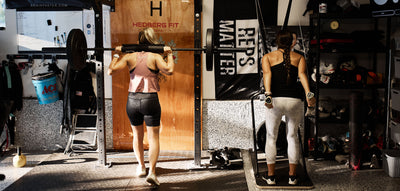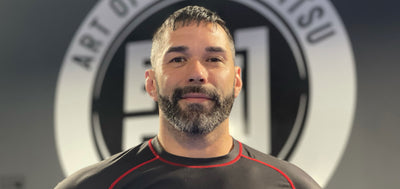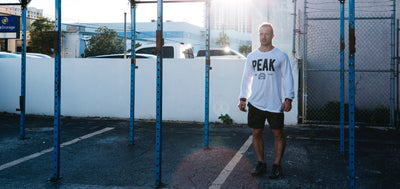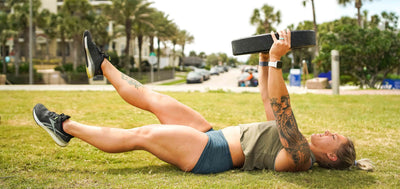How did you start your career in fitness?
After playing football, I took a sales job for a big company but hated it. I didn't have any money to start my gym, and CrossFit and micro-gyms weren’t really a thing back then.
So I started a personal training business called Peak 360. I worked with a diverse group of athletes, including some NBA, MLB, and NFL players, but I realized that many of them didn’t work very hard–they were just really talented and physically gifted.
I started running boot camps, too, where I would train average Joe’s the way I trained myself while playing football. About that time, I found CrossFit and fell in love with the methodology and the competition. My bootcamps loved the training and pushed themselves really hard. Harder than the pro’s were pushing themselves. In 2009, I found a facility and affiliated as one of the first CrossFit gyms in Miami.
From there we grew, and it was a super-busy time because I was training to go to the CrossFit Games, and also started the CrossFit Festival Wodapalooza in February 2012. Now I also work with Faith RXD, an organization whose mission is to "Unite and strengthen the fitness community, to live for Christ, share His love and serve the world."
You're running multiple businesses. You still want to train, right? And you’re a husband and father. How do you find balance in your life?
What helps me is aligning my priorities and reflecting on a daily basis. Left to my own devices, I’ll just work myself to death. Even though I love my family and growing my faith, those things will take a back burner because my ambitions sometimes, will get the best of me. So it's really about being intentional and consistent at establishing routines.
For example I may have a morning routine that consists of exercise, reading the Bible, and journaling. In the past, if I didn't get as much sleep the night before, I might just skip my morning routine and just go right to work. And now I'm like, you know what, like, I'm not going to sacrifice this, if this is what I say is most important.
Also, I carve out time for deep work. I'm not even going to the office because I know I'll get distracted there. Most of the time we're like robots. We're very reactive and not very intentional. We just do whatever pops up on our screen or take every phone call, answer every email right away. I want to be very strategic with how I spend my day, so I’m a big believer in zooming out a lot. What am I doing? Why am I doing it? What should I be doing?
